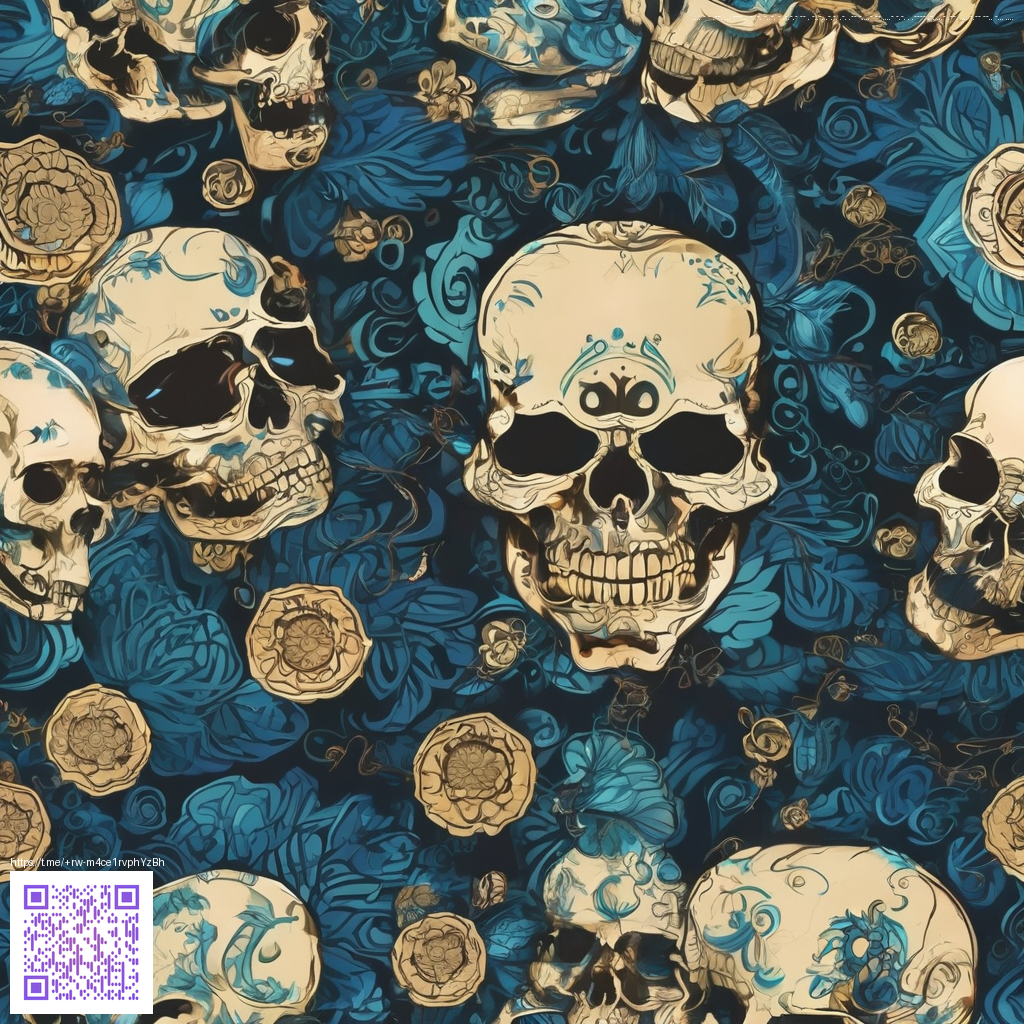
Midnight on the Morgue Floor
The night shift is supposed to be a quiet vigil, a handful of minutes between the last echo of the day and the first whisper of dawn. In the morgue, quiet is a currency you trade for the truth you’re not sure you want to hear. The freezers hum like distant tectonic rumbles, and a pale blue light stitches the corridors with a cold, precise glare. I came to this job chasing a rumor I didn’t believe, and found instead a constellation of small, patient horrors that waited for the clock to strike midnight and lean closer.
On a night much like this, a body bag waited where none was scheduled, the zipper gleaming with a smear of frost and something else—breath maybe, or a memory that refused to release its grip. The tag read a name I’d never met, a date I couldn’t place, and the air around the gurney carried a whispering current that felt distinctive and wrong as if the room itself were listening to us through the metal. I told myself it was fatigue, a trick of the light, or a draft—anything to pretend the routine could keep its distance from the unknown.
“We keep the last visitor until midnight,” a voice breathed from the autopsy room, soft as ice sliding across glass, “and then they choose.”
The door to the autopsy suite rattled without reason, and when I checked, it stood ajar by a fraction that suggested someone had leaned through and vanished. A chill wind gathered in the corners, lifting the edges of suspended sheets as if a tide had come in from somewhere else—somewhere colder, somewhere else entirely. I followed the breath of that wind down a corridor I’d walked a thousand times, until the floor beneath my shoes remembered a step I hadn’t taken in years.
- A smear of frost that arranged itself into a perfect handprint on a sterile pane.
- A fluorescent glow that refused to settle, flickering in a pattern that felt like a code.
- Footsteps that paused just behind me, then continued when I turned to confront the air.
- A name whispered in my ear that wasn’t on any chart I’d ever read.
Hours stretched like a winter night that refuses to end, and the room began to rewrite its own rules. The freezer’s hiss softened into a lullaby, and the reflection in the glass shifted into someone who was not me, someone who had learned to survive on the edge of sleep and shadow. The ledger on the desk grew warm, and the ink smeared as if the night itself had decided to sign away its memory for keepsake. I understood then that this floor did not merely hold the dead; it kept promises broken by the living, too.
When the first gray light finally pressed at the blinds, the chill retreated a fraction, and the room settled back into its serviceable calm. I walked the length of the hall and found the night’s evidence tucked away—the sort you hide from the daytime brightness and pretend you never saw. The morgue did not end with a shout or a scream. It ended with a choice: to stay and listen, or to walk away and forget you ever listened at all.